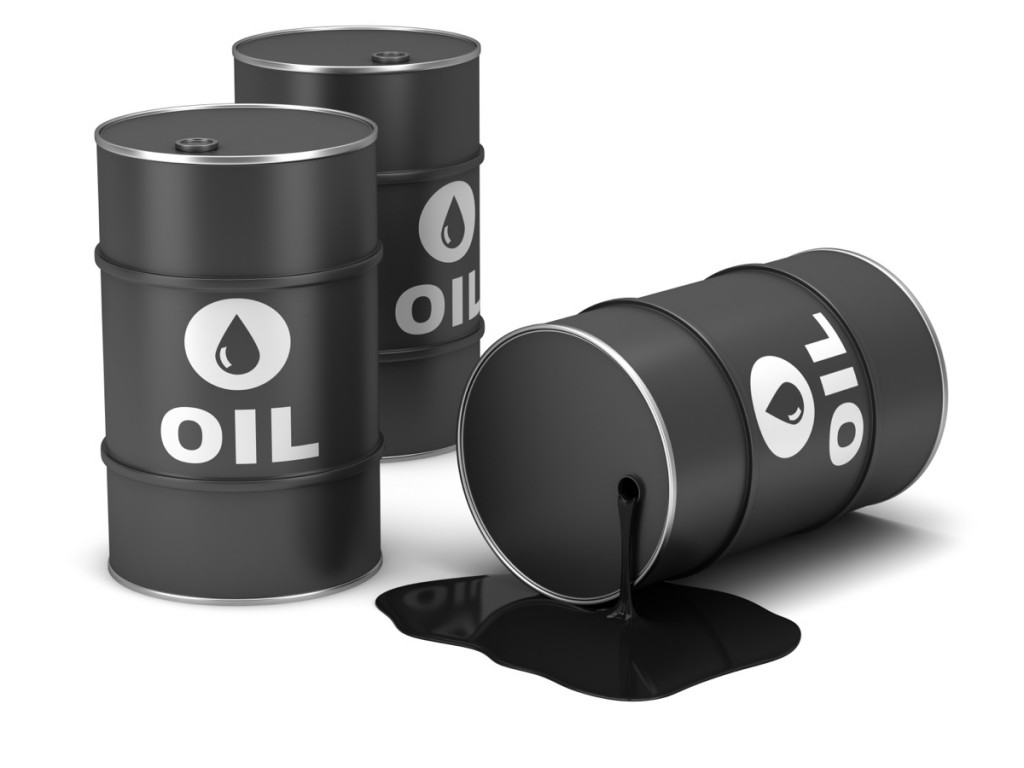Posted on: 11th December 2014 in News
Brent crude oil price falls to 5-year low Both WTI and Brent are currently trading at their lowest since 2009. Brent crude oil price has fallen below 64 dollars per barrel, more than 35% in less than 3 months (it was above 100 as recently as September). Continued weakness in some of the world’s major economic centres (like Europe and Japan) and slowing growth in others (like China) have been key factors, as well as the unwillingness of the OPEC to respond by cutting production. Low oil prices can help with GDP growth and inflation The vast majority of European countries are net oil importers. It is widely believed that low oil prices are beneficial for the importing economy because crude oil is an essential input to a wide range of industries and products – not only the fuel in our cars but also phones, computers, clothes, cosmetics and medicine. By making these products cheaper to produce, low oil prices can help increase economic output (higher GDP growth) and limit the general price level in the economy (lower inflation). Unfortunately, under the current macroeconomic and social circumstances in Europe, these benefits might not matter that much. Why the benefits of low oil prices will be limited in Europe?
Firstly, it is deflation rather than inflation that can potentially become a problem in Europe, similarly in Japan or, to some extent, the US.
Secondly, low oil prices mainly affect the supply side of the economy, but much of the recent stagnation in Europe has roots on the demand side. Low consumer confidence and low purchasing power have been caused by a combination of factors, such as debt, unemployment, rigid labour markets, inefficient and unsustainable social security systems and public finances, ageing population, loss of jobs to technological advances and outsourcing to cheaper parts of the world, and (often unskilled) immigration.
In sum, the recent decline in crude oil prices might add a little to European GDP growth, but it will not change the overall bleak picture of the economy, which needs substantial reforms.
Effects of falling oil prices on the European energy industry
Although there is not that much crude oil being produced in Europe (besides Norway, the UK and a couple of other countries), big European energy firms have heavily invested in exploration and production projects all over the world. Declining oil prices push some of these projects near or below their break-even points, potentially causing financial distress not only to the companies themselves but also to the financial institutions holding their debt. We have already seen European energy stocks (e.g. BP, Shell, Total or ENI) severely underperforming the market in recent months, with most of them losing 20-30% since summer highs.
Why the benefits of low oil prices will be limited in Europe?
Firstly, it is deflation rather than inflation that can potentially become a problem in Europe, similarly in Japan or, to some extent, the US.
Secondly, low oil prices mainly affect the supply side of the economy, but much of the recent stagnation in Europe has roots on the demand side. Low consumer confidence and low purchasing power have been caused by a combination of factors, such as debt, unemployment, rigid labour markets, inefficient and unsustainable social security systems and public finances, ageing population, loss of jobs to technological advances and outsourcing to cheaper parts of the world, and (often unskilled) immigration.
In sum, the recent decline in crude oil prices might add a little to European GDP growth, but it will not change the overall bleak picture of the economy, which needs substantial reforms.
Effects of falling oil prices on the European energy industry
Although there is not that much crude oil being produced in Europe (besides Norway, the UK and a couple of other countries), big European energy firms have heavily invested in exploration and production projects all over the world. Declining oil prices push some of these projects near or below their break-even points, potentially causing financial distress not only to the companies themselves but also to the financial institutions holding their debt. We have already seen European energy stocks (e.g. BP, Shell, Total or ENI) severely underperforming the market in recent months, with most of them losing 20-30% since summer highs.
 Crude oil and the current political situation in Europe
Low oil prices cause trouble not only to the companies but also to oil-exporting countries. The one that Europeans should worry about is Russia, whose economy has been fast deteriorating due to the lethal mix of falling oil prices, sanctions and capital flight. Contrary to what many people in Europe might think, an economically weak and destabilized Russia is not something to celebrate. It can further worsen the already fragile political situation on the EU’s eastern borders.
The overall effect is mixed
To conclude, the effects of falling crude oil prices on Europe are very complex and neither purely positive nor purely negative. Putting the joy of cheaper petrol aside, there are some serious risks to consider if oil prices continue to fall.
Crude oil and the current political situation in Europe
Low oil prices cause trouble not only to the companies but also to oil-exporting countries. The one that Europeans should worry about is Russia, whose economy has been fast deteriorating due to the lethal mix of falling oil prices, sanctions and capital flight. Contrary to what many people in Europe might think, an economically weak and destabilized Russia is not something to celebrate. It can further worsen the already fragile political situation on the EU’s eastern borders.
The overall effect is mixed
To conclude, the effects of falling crude oil prices on Europe are very complex and neither purely positive nor purely negative. Putting the joy of cheaper petrol aside, there are some serious risks to consider if oil prices continue to fall.
We have 18 offices across the globe and we manage over $2billion for our 20,000+ clients
Get started
Digital Assets: From Fringe to Framework A Responsible View for Internationally Mobile Investors Executive Summary Digital assets have moved from the fringes of finance into mainstream discussion. The arrival of...
Read more
Across the global expatriate market, one product category is showing unprecedented momentum in 2025: Indexed Universal Life (IUL). As client expectations move toward solutions that combine long-term protection, tax-efficient wealth...
Read more
Chancellor Rachel Reeves delivered her second Autumn Budget in dramatic circumstances, after the Office for Budget Responsibility (OBR) accidentally released its full economic outlook online 45 minutes before her speech....
Read more
In today’s world, much of our lives are lived online. From email accounts and social media profiles to digital wallets and online businesses, we’re building a digital legacy—often without realising...
Read more